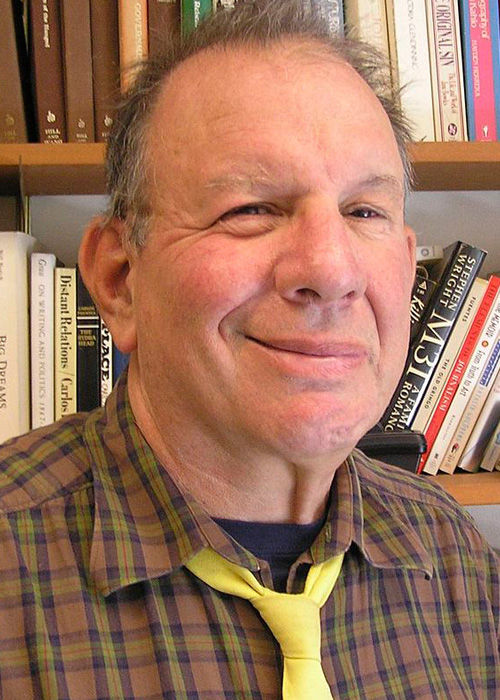Writing about the cannabis industry hasn’t been much different for me than writing about other industries, including wine, food and tourism.
Owners and publicists don’t want exposés or news stories in print that would damage the reputation of a company and its CEOs, especially when they’re true.
Unlike cannabis, the wine, food and tourism industries aren’t illegal, though there are criminal activities in all of them, which are, from time to time, revealed in the media.
While human beings have cultivated cannabis for thousands of years, the above-ground U.S. cannabis industry is only about 23 years old and changing all the time.
That’s an exaggeration, though it changes month-by-month and week-by-week. It’s as volatile as the New York Stock Market, though no cannabis biz is traded in the U.S.
Cannabis stocks are traded in Canada, where marijuana is legal and where cannabis is big business.
It’s been two-and-a-half years since Krista Sherer asked me to write about cannabis for Sonoma West Times & News. There were a few wrinkles to iron out with Rollie Atkinson and Ray Holley, but there weren’t many of them. To the best of my recollection no one at the paper has suggested or even intimidated that I cut a passage or even a sentence from a column. I have had free reign since 2016.
It’s a challenge to write a monthly column, rather than a daily or a weekly column. There are enough cannabis stories in northern California to write a daily column and far too many stories for a monthly column. I have to be selective. I only have 800 words.
If I write a column two or three weeks ahead of time, the picture could change, as it often does. If I write too close to the deadline, I might not have enough information to flesh out a story and check facts, which I always do, though this is a column of opinion, not news.
I hope this doesn’t sound like a complaint. I don’t mean to gripe, though I also don’t want to toot my own horn. I have been very fortunate to be in the right place at the right time to cover this industry in all its aspects, from agriculture and politics to money and the police.
A couple of weeks ago, I wrote a cannabis story and sent it to a friend for comment. He emailed back and asked me to please not publish it. Then, he circulated it to others — without my permission — who called me and begged me not to publish.
I agreed to reconsider. So far I haven’t sent it out. This month’s column grew out of that recent experience. I learned a lot by circulating the piece and listening to the reactions and responses. I think I’ve learned more by not publishing than by publishing.
I still have the option of submitting the piece to my editor. I knew the piece was harsh when I wrote it, but I felt that it was justified.
Public officials have to be accountable, no matter what government agency employs them. With cannabis, there are a lot of what I would call “irregularities” and even breaches of ethics. Or so they seem to me.
I rely on gossip and on inside sources who only speak off the record, which means I’m not supposed to use their names or identify them. The cannabis industry is packed with folks who won’t and don’t speak on the record, though they provide information.
Some are black marketers. Others straddle the legal and illegal worlds. Still others have been waiting for permits for 18 months and don’t want to say or do anything that might jeopardize their applications.
I hope you get the picture. I don’t think it’s necessary to name names here and now.
There are hundreds of individuals in the cannabiz who are in the don’t-rock-the-boat mode. Some will be hung out to dry. Others will walk the plank, while some who have been buccaneers will make the transition to the legal market and be hailed as heroes.
I often compare my work with the work my younger brother, Adam, a private investigator, does for criminal defense lawyers, many of whom have clients arrested for marijuana offenses.
Like my brother I’m an investigator. I feel like a detective, though I don’t aim to keep anyone out of prison or send anyone to prison, either.
My goal is to get the facts right, tell the truth and do my best to advance the public discourse about cannabis.
When I wander across Sonoma County, I meet people who read my columns, provide feedback and information I could not obtain online or in any newspaper or magazine.
You might not think of yourself as a source for this column, but that’s what you are, at least in part. I appreciate our partnership.
Jonah Raskin, a professor emeritus at Sonoma State University, is the author of Marijuanaland, Dispatches from an American War, published in French as well as English, and shares story credit for the feature length pot film Homegrown.








